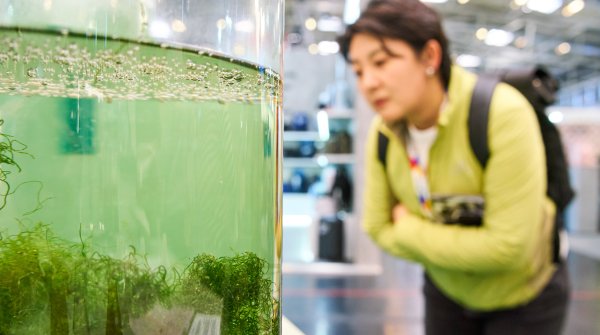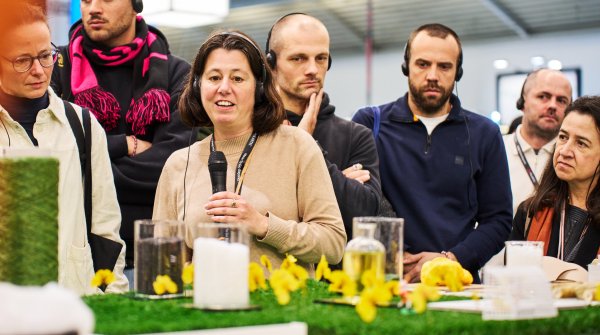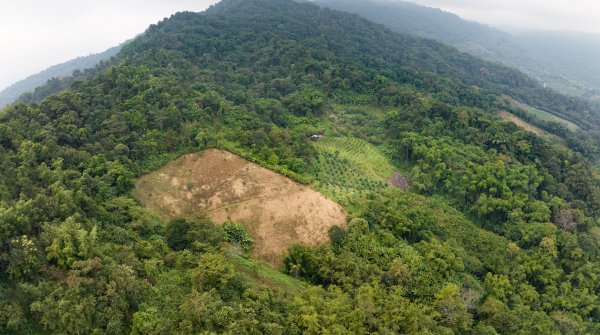Today, Vaude is one of Europe's leading outdoor brands in a market that the family-run company from Tettnang has helped to shape - not least because of its innovative, recycled or bio-based materials. For this, Vaude was recently awarded the prestigious German Sustainability Award as Germany's most sustainable textile company.
Melanie Bleicher, Head of Department at the Vaude Academy, is convinced that sustainable transformation offers enormous opportunities for every company. Her clear message to other companies is: "Start now! Just get started." Especially as companies that oversleep transformation processes will be hit all the harder later - on several levels.
Vaude as best practice makes sense. In 2022, the company has committed to manufacturing all products in a climate-neutral way. Other sustainability highlights, such as the successful second-hand platform, have also become established. Vaude also shares its expertise at self-organized sustainability camps ("EU Green Deal - Are you prepared?").
As a speaker at OutDoor 2024, Melanie Bleicher explained why the Corporate Sustainability Reporting Directive (CSRD) marks a milestone: This European Union directive, valid since April 2021, obliges companies to prepare more detailed and comprehensive sustainability reports.
The CSRD requirements are significantly stricter than the previous requirements of the Non-Financial Reporting Directive (NFRD). The outdated directive only applied to larger companies with more than 500 employees and the reports did not have to be externally audited.
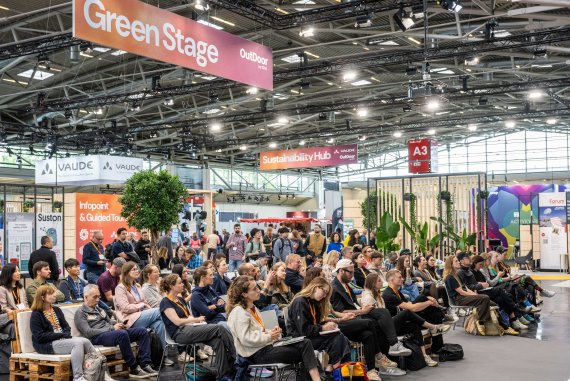
These optimizations greatly improve the transparency and comparability of sustainability data. They also promote responsible action, which contributes to long-term environmental and social sustainability overall. CEO Karin Ekberg and Sustainability Director Stefanie Rieder-Haas from the consultancy firm Leadership & Sustainability also emphasize the enormous importance of accurate sustainability reports.
The so-called "double materiality analysis" is just as effective as the CSRD: it means that a company should examine both how sustainability issues affect the company itself and, conversely, how the company affects its environment and society. What can companies do to avoid the risk of greenwashing? This was the topic of the discussion between Dr. Diana Born and Dr. Marc Herz (both from the management consultancy K'UP) and lawyer Dr. Katja Middelhoff.
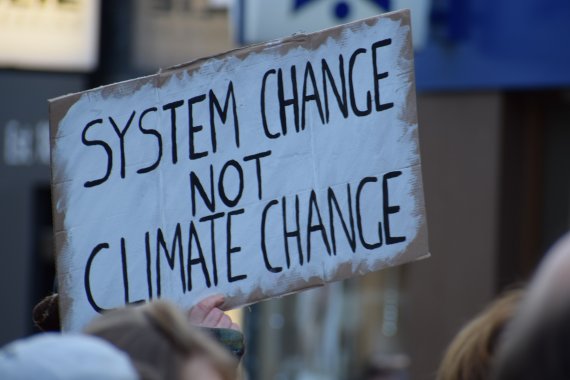
A key insight from this discussion was the importance of consistent and authentic sustainability measures. Brands can have a significant impact on the environment and society depending on how consistently they implement sustainable practices. To avoid greenwashing, companies should therefore carry out careful analyses and pursue transparent sustainability strategies.
They also shed light on the legal situation in Germany and regulatory developments at EU level. Their most important thesis: be careful with green claims (advertising and statements by companies that present their products as environmentally friendly).
"Green claims should be accurate in terms of content, and the promises made by brands should be transparent and verifiable. Otherwise, reputations are at risk and fines can be imposed," warns Dr. Katja Middelhoff.
- ISPO awards
- Mountain sports
- Bike
- Design
- Retail
- Fitness
- Health
- ISPO Job Market
- ISPO Munich
- ISPO Shanghai
- Running
- Brands
- Sustainability
- Olympia
- OutDoor
- Promotion
- Sports Business
- ISPO Textrends
- Triathlon
- Water sports
- Winter sports
- eSports
- SportsTech
- OutDoor by ISPO
- Heroes
- Transformation
- Sport Fashion
- Urban Culture
- Challenges of a CEO
- Trade fairs
- Sports
- Find the Balance
- Product reviews
- Newsletter Exclusive Area
- Magazine




